Internal emails reveal the fear that prompted Microsoft's OpenAI investment and pushed Google into an AI panic
Internal Microsoft emails show the firm was worried about Google's AI potential, prompting its investment in OpenAI that kickstarted the generative AI race

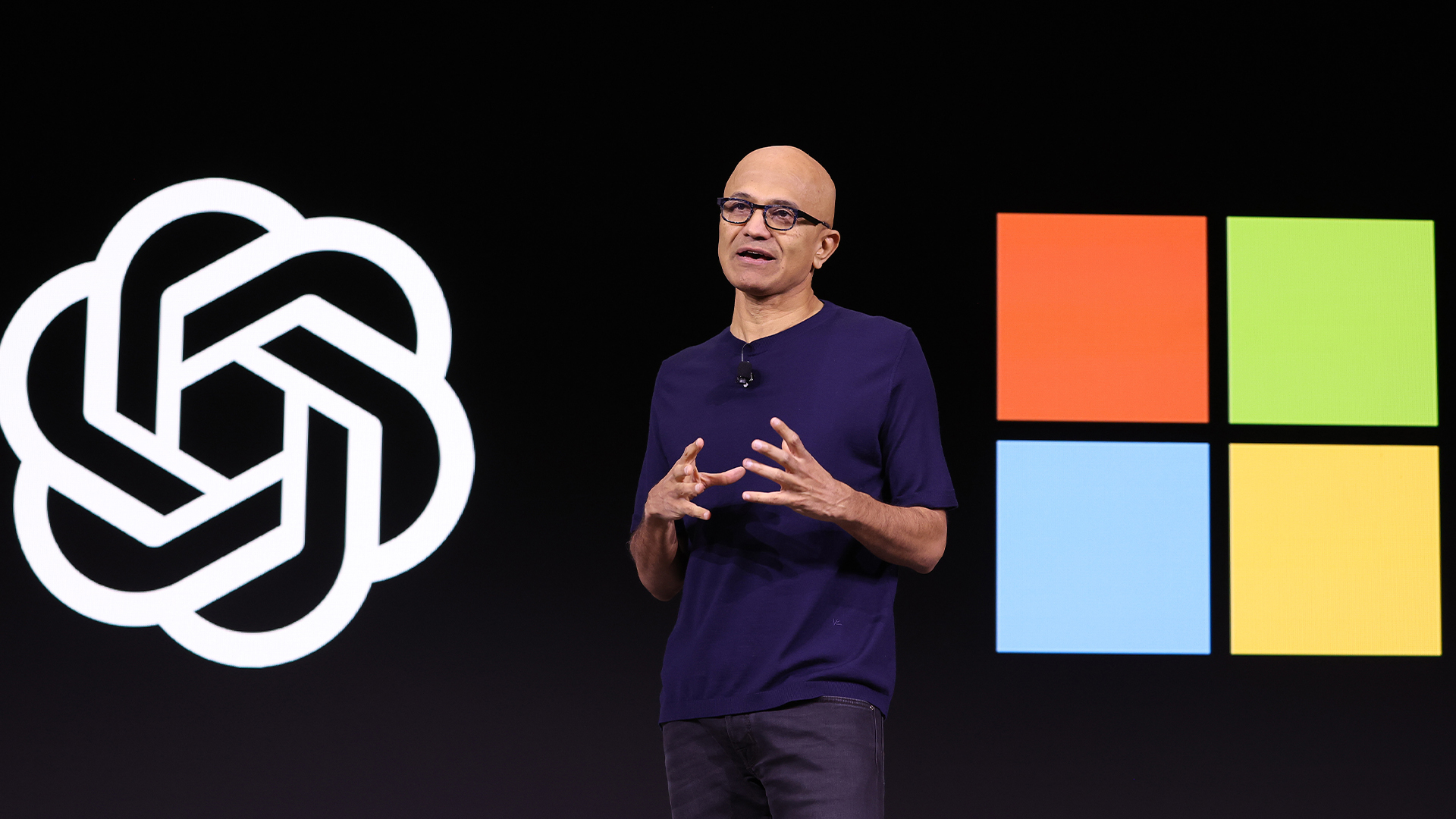
Sign up today and you will receive a free copy of our Future Focus 2025 report - the leading guidance on AI, cybersecurity and other IT challenges as per 700+ senior executives
You are now subscribed
Your newsletter sign-up was successful
Microsoft’s hefty investment into OpenAI was borne out of fear that Google was outpacing the firm in AI, according to an internal email exchange between Microsoft executives.
The emails, disclosed as part of the Department of Justice’s (DoJ) ongoing antitrust trial against Google and first reported by Business Insider, point to the reactive measures prioritized by Microsoft in the recent AI boom.
Microsoft CTO Kevin Scott warned CEO Satya Nadella and Bill Gates of the quality of Google’s AI capabilities, adding that the tech giant was likely “multiple years behind the competition in terms of ML scale”.
The email exchange is carried out under the subject line “Thoughts on OpenAI”, and Microsoft’s CTO notably puts OpenAI and Google on a similar level in terms of their AI position.
“The thing that’s interesting about what OpenAI and DeepMind and Google Brain are doing is the scale of their ambition,” Scott said.
Scott specifically highlighted the moves they were making in “datacenter design” and “distributed systems architectures”, all under Nadella’s reply which describes Scott’s email as an effective explanation of “why I want us to do this”.
There is scope to speculate that Nadella is here referring to the substantial $1 billion investment Microsoft made into OpenAI in 2019, an investment which began a long-running commitment to the AI start up.
Sign up today and you will receive a free copy of our Future Focus 2025 report - the leading guidance on AI, cybersecurity and other IT challenges as per 700+ senior executives
Microsoft has since invested a total of about $13 billion into OpenAI, though not without garnering a sizable amount of unwanted attention from various competition watchdogs on both sides of the Atlantic.
This vast sum of money now appears to be a product not of innovation but of competitive fears that its rival may be moving more quickly.
Microsoft success sent Google into a frenzy
Ironically, Microsoft’s relationship with OpenAI prompted a similarly dramatic shift in Google’s own AI strategy, as the firm began to foster fears that it too was falling behind its rival in the generative AI race.
Following Microsoft-backed developments in ChatGPT, Google almost immediately began to pursue an equally reactive AI strategy.
In early 2023, the firm entered a state of ‘code red’, reassigning staff and resources to prioritize new AI developments and releases across the company.
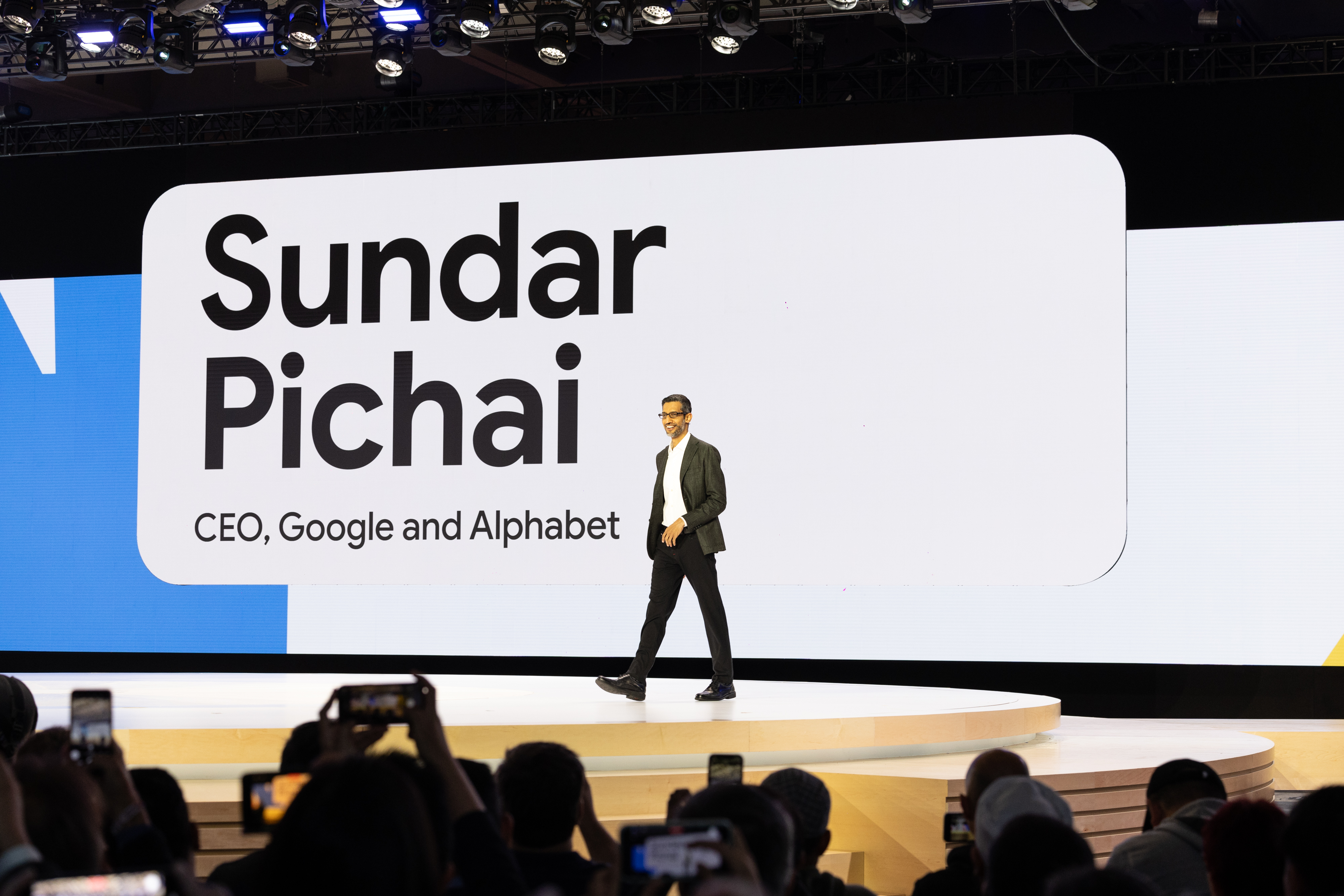
Sundar Pichai led a company-wide charge to catch Microsoft in the generative AI race
According to reporting from the New York Times, CEO Sundar Pichai led the charge, with claims that employee work was “upended” in order to focus on responding to the threat of Chat GPT.
Many of Google’s subsequent AI efforts have been as uncoordinated as this first effort to ramp up its strategy, with the lack of a cohesive vision marring its developments and the failure of products like Bard hanging over the firm’s head.
RELATED WHITEPAPER
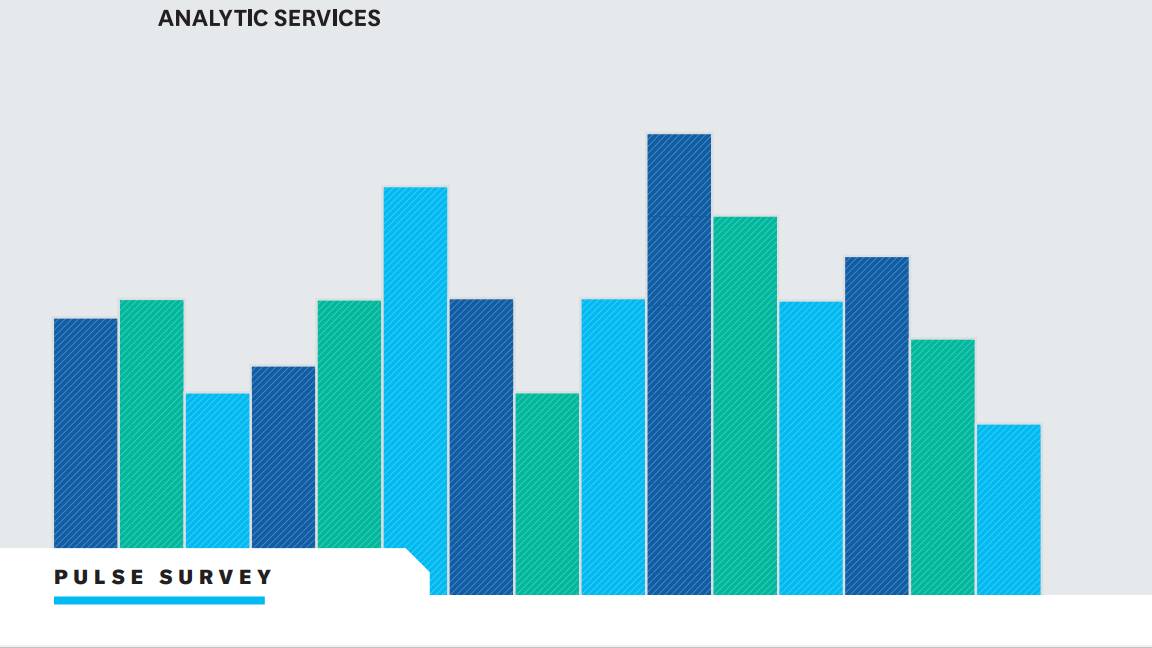
This initial flurry at Google appears to have leveled off now, though. In late 2023, the firm rebranded its Duet and Bard products under the Gemini banner in a move that was hailed by industry analysts as a clear sign it was beginning to articulate its AI vision for 2024 and beyond.
This view was reaffirmed at Google Cloud Next in April in which the tech giant unveiled a flurry of new products and services. Analysts once again noted the tone of the event and scale of product offerings will stand the firm in good stead moving forward.
Recent earnings reports also point toward a pending charge in the generative AI space and fiercer competition with Microsoft.

George Fitzmaurice is a former Staff Writer at ITPro and ChannelPro, with a particular interest in AI regulation, data legislation, and market development. After graduating from the University of Oxford with a degree in English Language and Literature, he undertook an internship at the New Statesman before starting at ITPro. Outside of the office, George is both an aspiring musician and an avid reader.
-
 How the rise of the AI ‘agent boss’ is reshaping accountability in IT
How the rise of the AI ‘agent boss’ is reshaping accountability in ITIn-depth As IT companies deploy more autonomous AI tools and agents, the task of managing them is becoming more concentrated and throwing role responsibilities into doubt
-
 Hackers are pouncing on enterprise weak spots as AI expands attack surfaces
Hackers are pouncing on enterprise weak spots as AI expands attack surfacesNews Potent new malware strains, faster attack times, and the rise of shadow AI are causing havoc
-
 Google says hacker groups are using Gemini to augment attacks – and companies are even ‘stealing’ its models
Google says hacker groups are using Gemini to augment attacks – and companies are even ‘stealing’ its modelsNews Google Threat Intelligence Group has shut down repeated attempts to misuse the Gemini model family
-
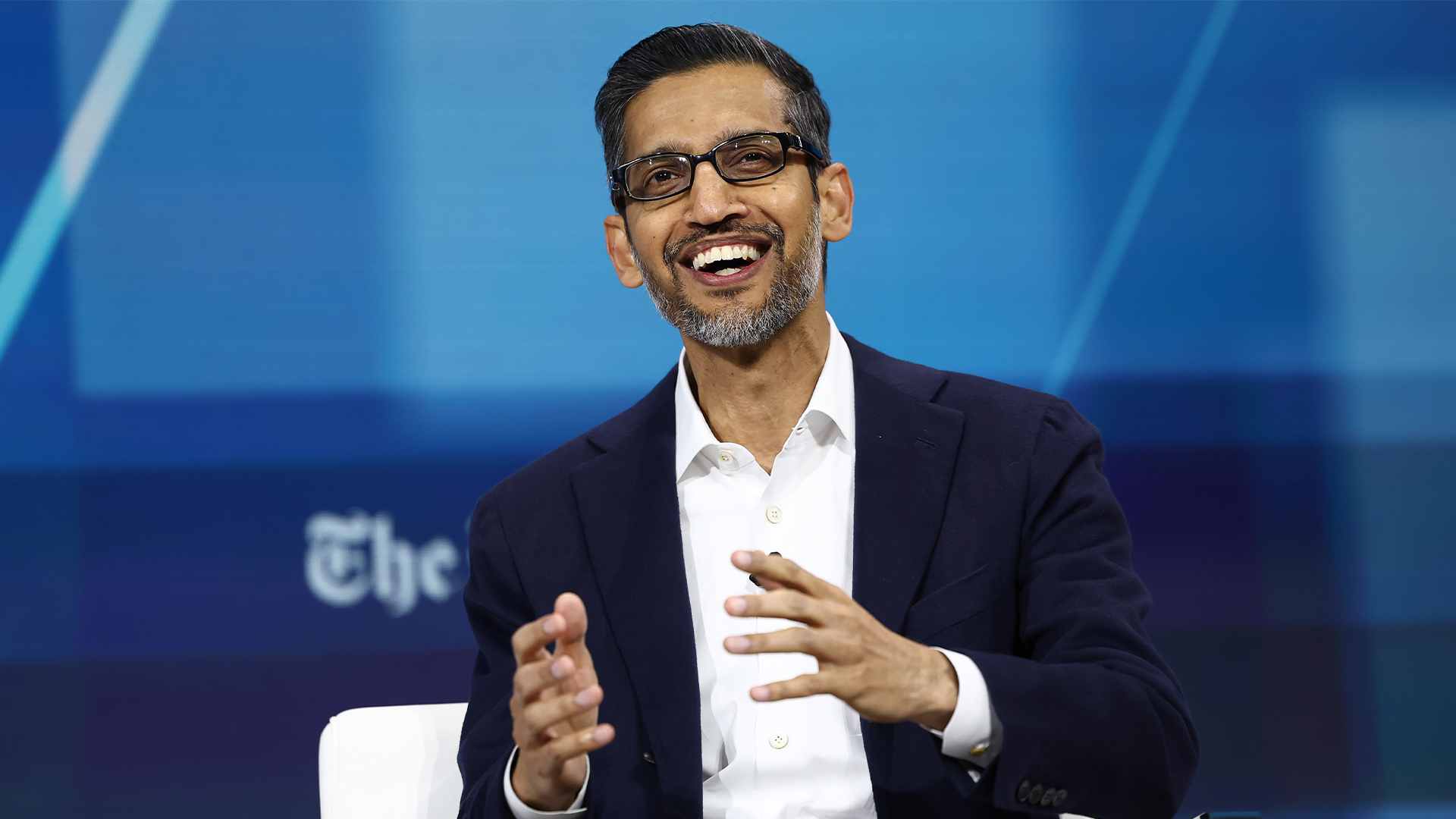 ‘The fastest adoption of any model in our history’: Sundar Pichai hails AI gains as Google Cloud growth, Gemini popularity surges
‘The fastest adoption of any model in our history’: Sundar Pichai hails AI gains as Google Cloud growth, Gemini popularity surgesNews The company’s cloud unit beat Wall Street expectations as it continues to play a key role in driving AI adoption
-
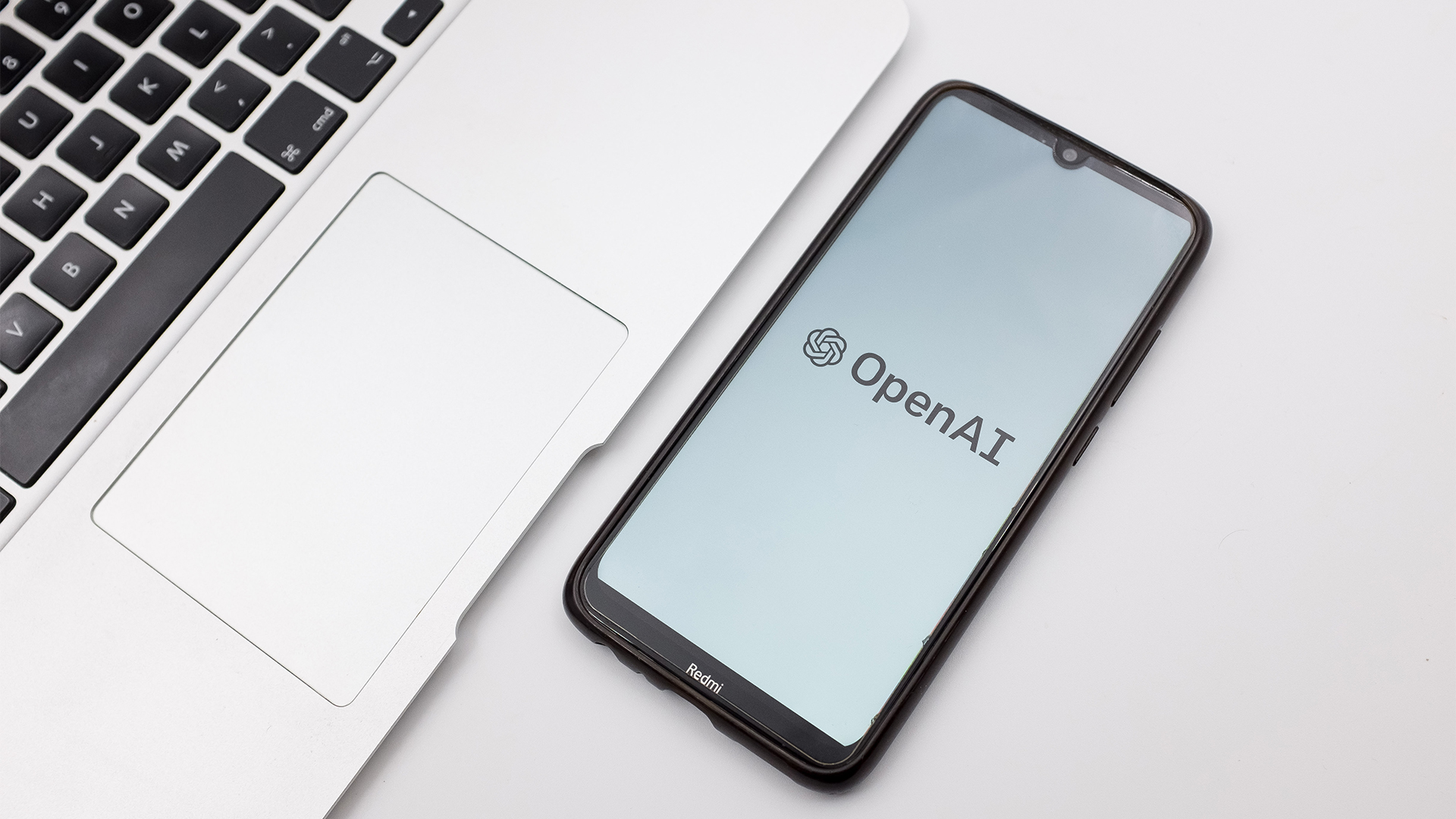 OpenAI's Codex app is now available on macOS – and it’s free for some ChatGPT users for a limited time
OpenAI's Codex app is now available on macOS – and it’s free for some ChatGPT users for a limited timeNews OpenAI has rolled out the macOS app to help developers make more use of Codex in their work
-
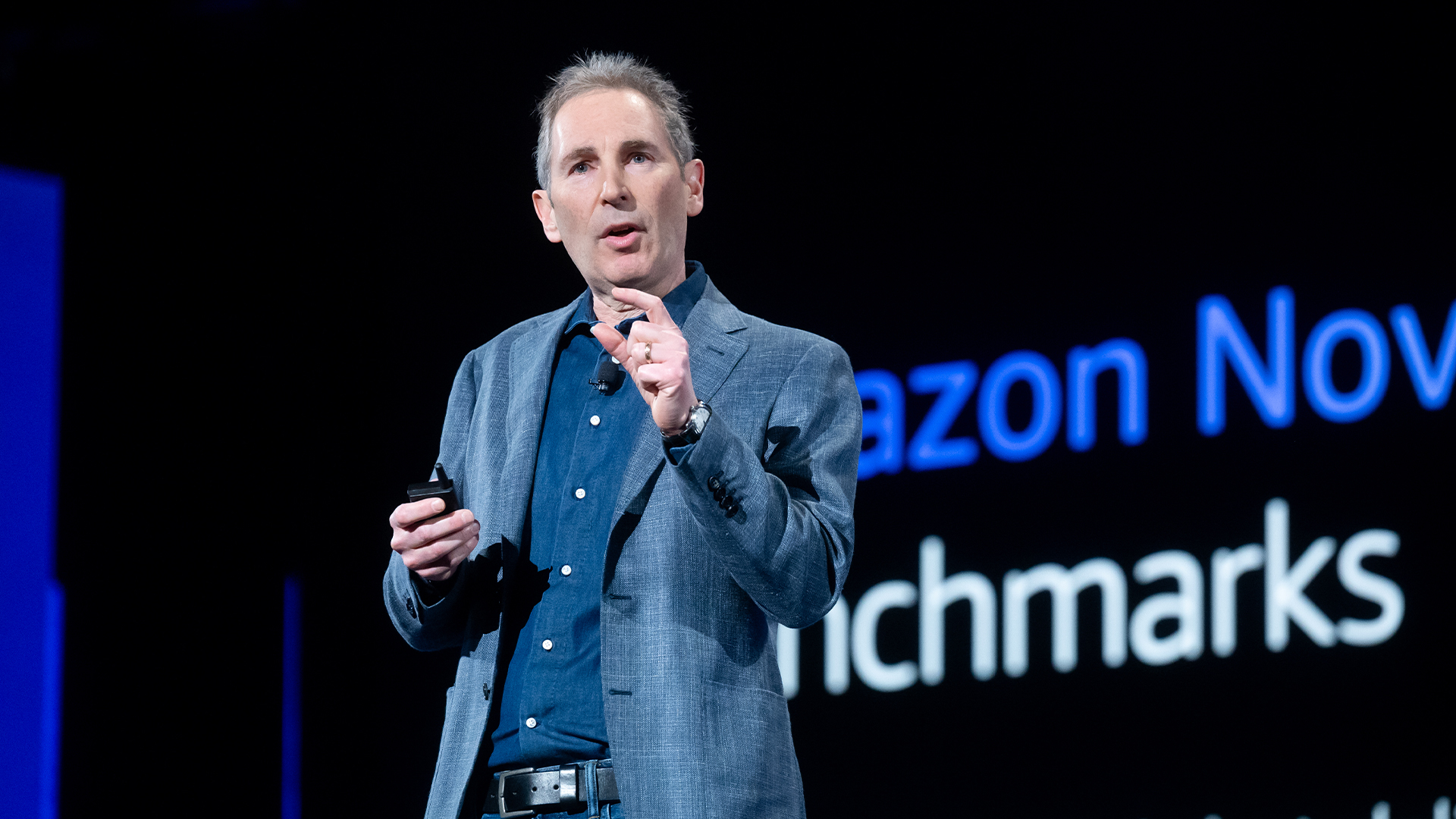 Amazon’s rumored OpenAI investment points to a “lack of confidence” in Nova model range
Amazon’s rumored OpenAI investment points to a “lack of confidence” in Nova model rangeNews The hyperscaler is among a number of firms targeting investment in the company
-
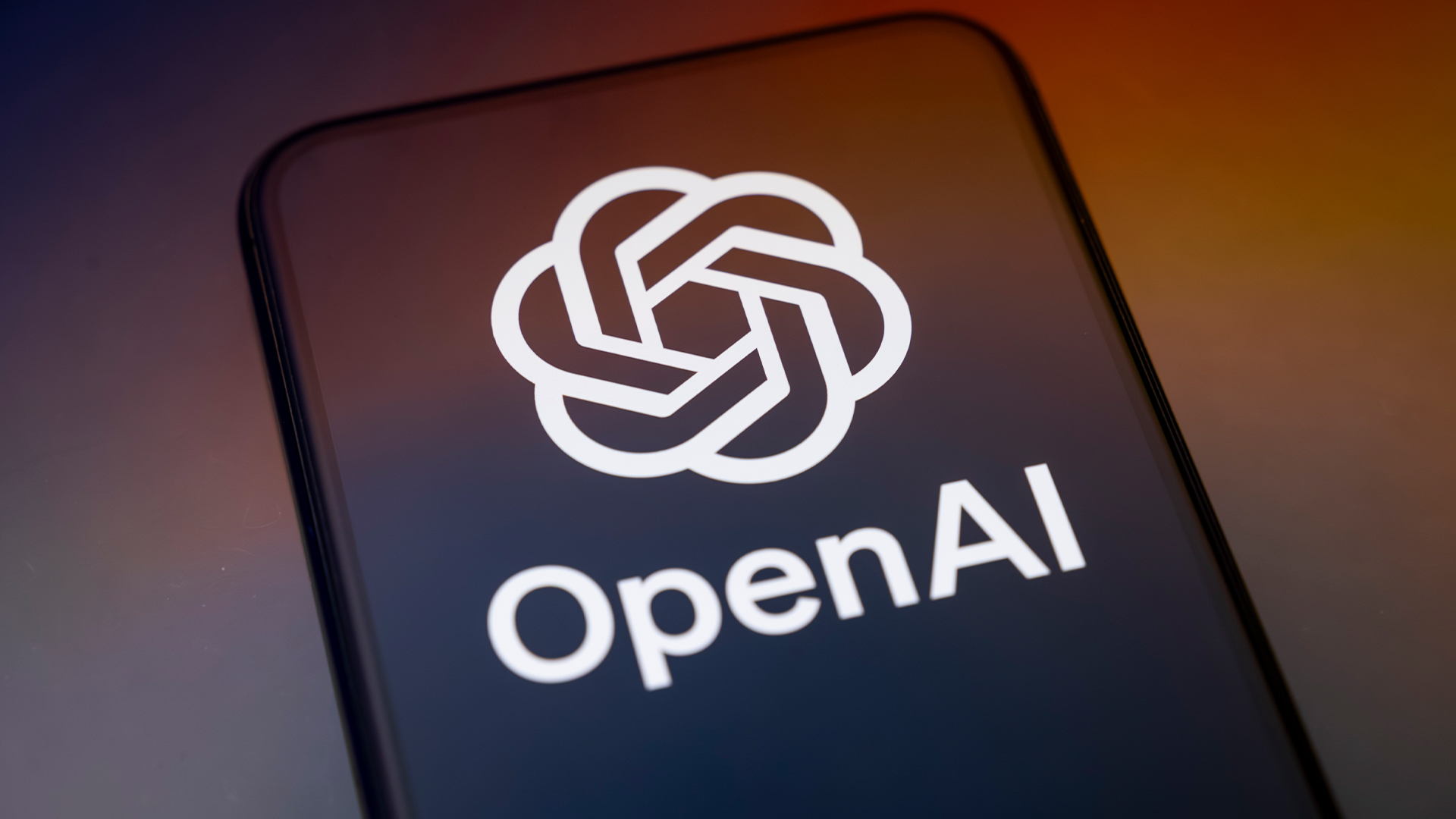 OpenAI admits 'losing access to GPT‑4o will feel frustrating' for users – the company is pushing ahead with retirement plans anway
OpenAI admits 'losing access to GPT‑4o will feel frustrating' for users – the company is pushing ahead with retirement plans anwayNews OpenAI has confirmed plans to retire its popular GPT-4o model in February, citing increased uptake of its newer GPT-5 model range.
-
 ‘In the model race, it still trails’: Meta’s huge AI spending plans show it’s struggling to keep pace with OpenAI and Google – Mark Zuckerberg thinks the launch of agents that ‘really work’ will be the key
‘In the model race, it still trails’: Meta’s huge AI spending plans show it’s struggling to keep pace with OpenAI and Google – Mark Zuckerberg thinks the launch of agents that ‘really work’ will be the keyNews Meta CEO Mark Zuckerberg promises new models this year "will be good" as the tech giant looks to catch up in the AI race
-
 If Satya Nadella wants us to take AI seriously, let’s forget about mass adoption and start with a return on investment for those already using it
If Satya Nadella wants us to take AI seriously, let’s forget about mass adoption and start with a return on investment for those already using itOpinion The Microsoft chief said there’s a risk public sentiment might sour unless adoption is distributed more evenly
-
 Satya Nadella says a 'telltale sign' of an AI bubble is if it only benefits tech companies – but the technology is now having a huge impact in a range of industries
Satya Nadella says a 'telltale sign' of an AI bubble is if it only benefits tech companies – but the technology is now having a huge impact in a range of industriesNews Microsoft CEO Satya Nadella appears confident that the AI market isn’t in the midst of a bubble, but warned widespread adoption outside of the technology industry will be key to calming concerns.